Then life happens. Suddenly, your plan is in jeopardy, and you find yourself at a fork in the road—should you forge ahead, or is it time to pivot to a different plan?
The Usual Suspects
After a lifetime of being that person with the big horsemanship goals, and after a career spent organizing and teaching clinics all over the world, I’ve seen the best-laid plans dashed many times. It’s part of life—there are too many factors outside our control for our plans to always work out perfectly. When plans fall apart and goals are unmet, it’s commonly because of one of the “usual suspects.”
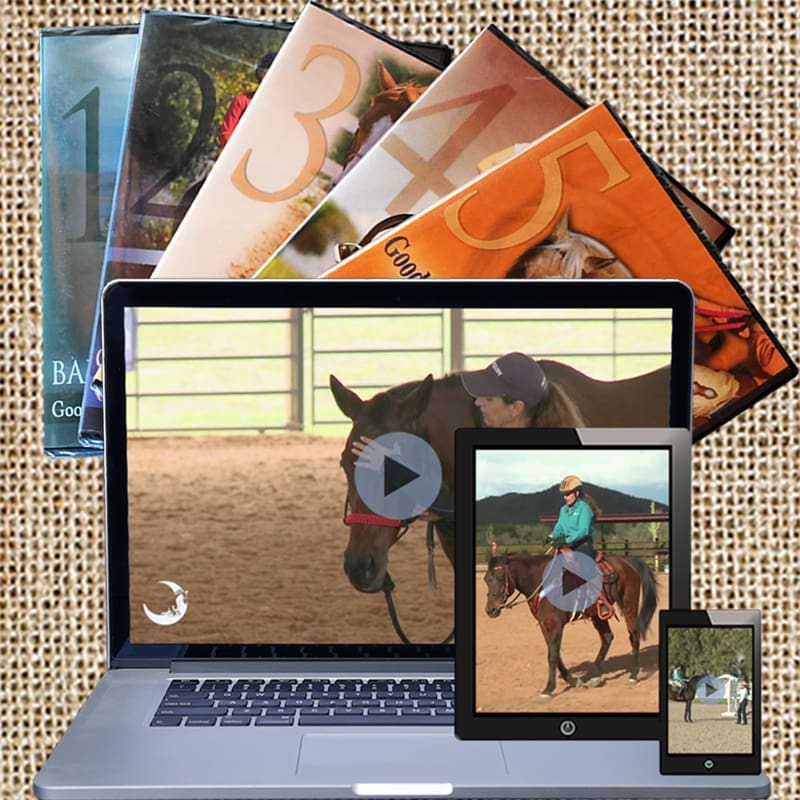
Exercises to improve riding skills
Cantering—everything from how to ride the canter to flying lead changes.
For the more advanced rider, advanced use of the aids, collection & lateral movements
Physical Limitations for the Horse or Rider
It’s ironic that horses become more reliable and useful for amateur riders in middle age, and people have more time and money to participate in horse sports beyond the age of 50. So it’s not surprising that physical problems often derail our plans. When it comes to your horse, the good news is that modern veterinary medicine offers many true “miracle cures” for horses, and there is much that can be done to help horses stay sound and comfortable as they age. Talk to your vet about what would be helpful to your horse.
Skill Limitations for the Horse, Rider or Both
Sometimes we set our sights too high, and in the process of preparing for the big event, we discover we’re simply not ready. Some critical skills or life experiences are missing. This can be frustrating and feel like failure, but it’s a temporary condition! Time to find the holes and plug them, then reboot your plan with reasonable goals.
Crisis of Confidence or Lack of Commitment
Let’s face it, horses are big scary animals and riding is a sport that takes a lifetime to master. There are many opportunities for a crisis of confidence along the way. It’s important to be honest with yourself and others, and not to blame your horse, the circumstance, or make excuses. Building confidence is entirely within your control, but it will require some effort on your part.
Lack of Preparation
Over the years, I’ve seen a lot of riders who sign up for a clinic, thinking it will motivate them to ride more. Then the day of the clinic comes, but nothing has changed for the rider, and they arrive woefully unprepared. Setting external goals to change your internal motivation isn’t that easy. Your motivation to ride every week, your commitment to conditioning your horse, your determination to achieve—all comes from within.
Logistical Breakdowns (aka Life Happens)
There will always be times when plans are dashed due to circumstances beyond your control. As important as horses are in your life, sometimes something unplanned can pop up that needs to take precedence. When it comes to these kinds of situations, it is what it is, and there isn’t usually much you can do but make a new goal to get back on track when you can.
Time to Hit the Reset Button
Canceling events, changing plans, or postponing an adventure often involves some agonizing decisions, but once it’s done, put it behind you and start making new plans. Think of it as the beginning of the next chapter.
Dealing with disappointment gracefully, honestly, and objectively is not always easy, especially when it comes to horses. We have so many dreams, and yes, fantasies, tied up with our horses that reality sometimes bites us hard.
Introspection is rarely easy, but it’s important to be honest with yourself on how you got here so you can avoid making the same mistakes again. The conversations you have with yourself (that only you can hear) are important ones. Make sure you are kind to yourself. Be honest about your capabilities and have accountability for your part in this process—but be careful not to poison your own wellbeing.
Mental and emotional preparedness should be a big part of your new plan. Increasing your confidence requires time and effort on your part, but it’s very doable! I know hundreds of riders who’ve done it, and I have a lot of resources to help riders through this. Do the work now to approach your new plan with greater confidence.
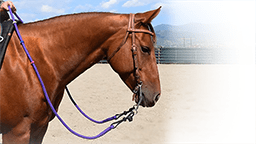
Having a productive mindset and strong emotional intelligence is critical around horses, because they are so perceptive to the emotionality of other individuals (including humans). When you are purposeful, intentional, and deliberate in your actions and comportment, horses notice and willingly respond. Spend the time to think through your purpose and motivations, as you reset your goals.
When it’s time to reformulate your goals, keep in mind that just wanting it won’t make it happen—there will be hard work and considerable time and effort to get there. Goals must be reasonably attainable, entirely measurable, and made in consideration of both horse and rider. When the goals of the rider are at odds with the capabilities of the horse, something must give—either get new goals or a new horse. These aren’t easy decisions, but it is unfair to conscript a horse to unattainable goals and endless frustration for both horse and rider.
Reformulating your goals will be easier the next time around, because you have more knowledge and experience behind your decisions. Once the new goals are set, the fun begins! Your new plan will almost certainly involve building new skills for both horse and rider. It’s critical to objectively evaluate your horse’s training level and your own skill level. From there, with your new goals known, it should be easier to break down the holes that need filling.
Always return to the smallest, simplest, most foundational steps or skills to develop—for both horse and rider. As you develop your new timeline, you’ll set benchmarks to reach along the way, smaller steps to accomplish, to make sure your end goals are met.
If making a new plan currently feels overwhelming, consider taking a “year of discovery” before coming up with a new plan. Often, we need breathing room, healing time, more information, better contacts, or more resources. Horsemanship is a lifelong journey and taking six months or a year to think things through before making a big commitment to a new plan, might bring you greater clarity.
“All of Training Occurs in Transitions.”
This is one of the foundational principles of classical horsemanship, and wisdom that has survived 5,000 years. In short, it refers to the fact that riding a horse for 100 miles provides conditioning, but not training. Training occurs when a horse learns to respond to increasingly complicated cues given by the rider. If, instead of riding 100 miles, you executed 100 transitions, a lot of training would occur.
For an equestrian, the term “transition” usually refers to a change or speed or gait, up or down—and this is where the “training” occurs with horses. But I like to think of changes of direction and new locations as important transitions too. I know that all these kinds of changes are good for horses and I suspect transitions can be meaningful and life-changing for people too.
Maybe things didn’t work according to the plan, but think of it as the beginning of something new. Now is the time to pick a new direction, make a commitment to a new course of action, and then get to work to make it happen.
Remember, it’s the journey, not the destination, that often brings us the greatest satisfaction and sense of accomplishment. With horses, the journey lasts a lifetime and transitions are meaningful.
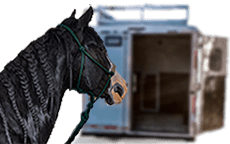
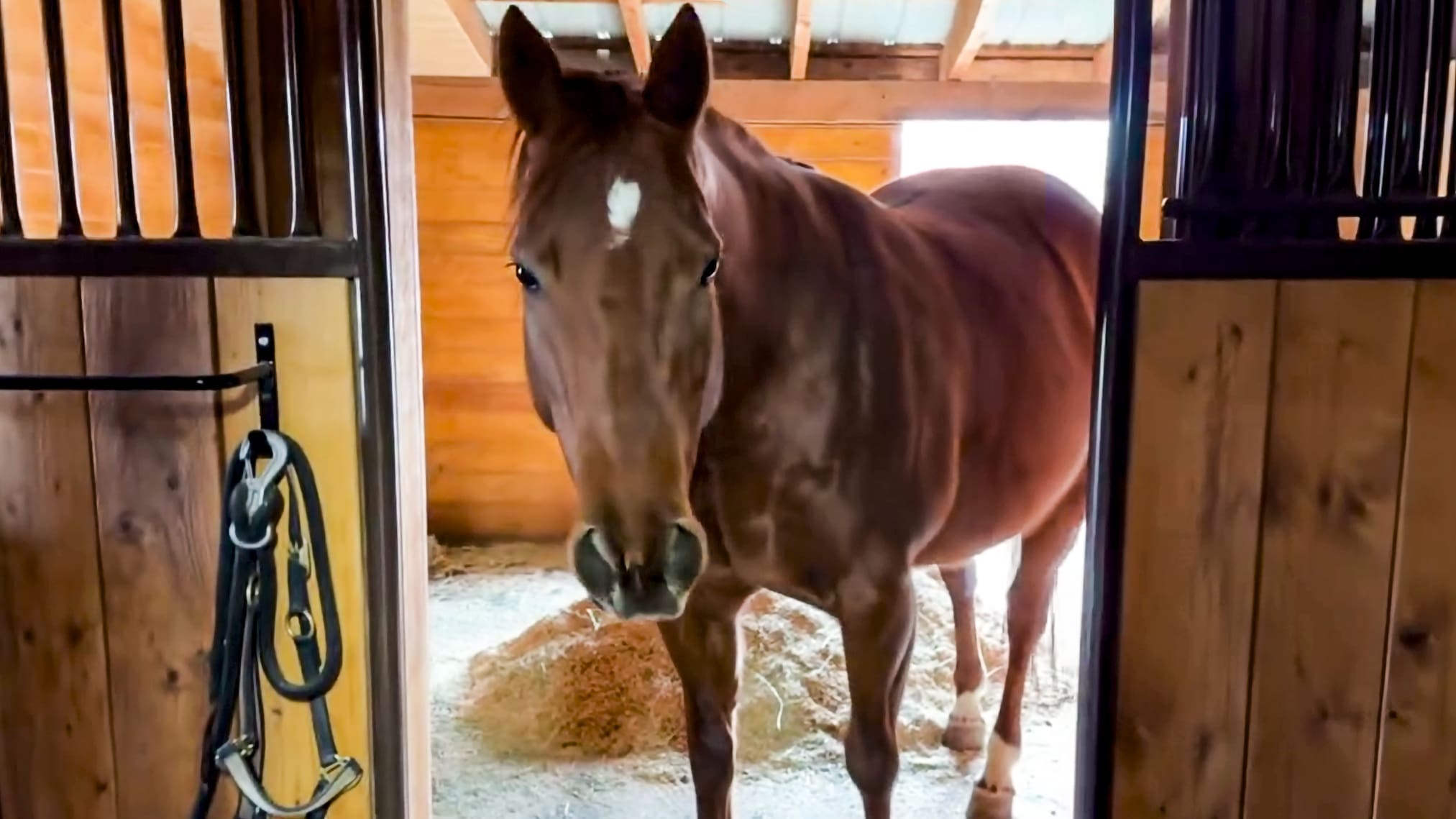
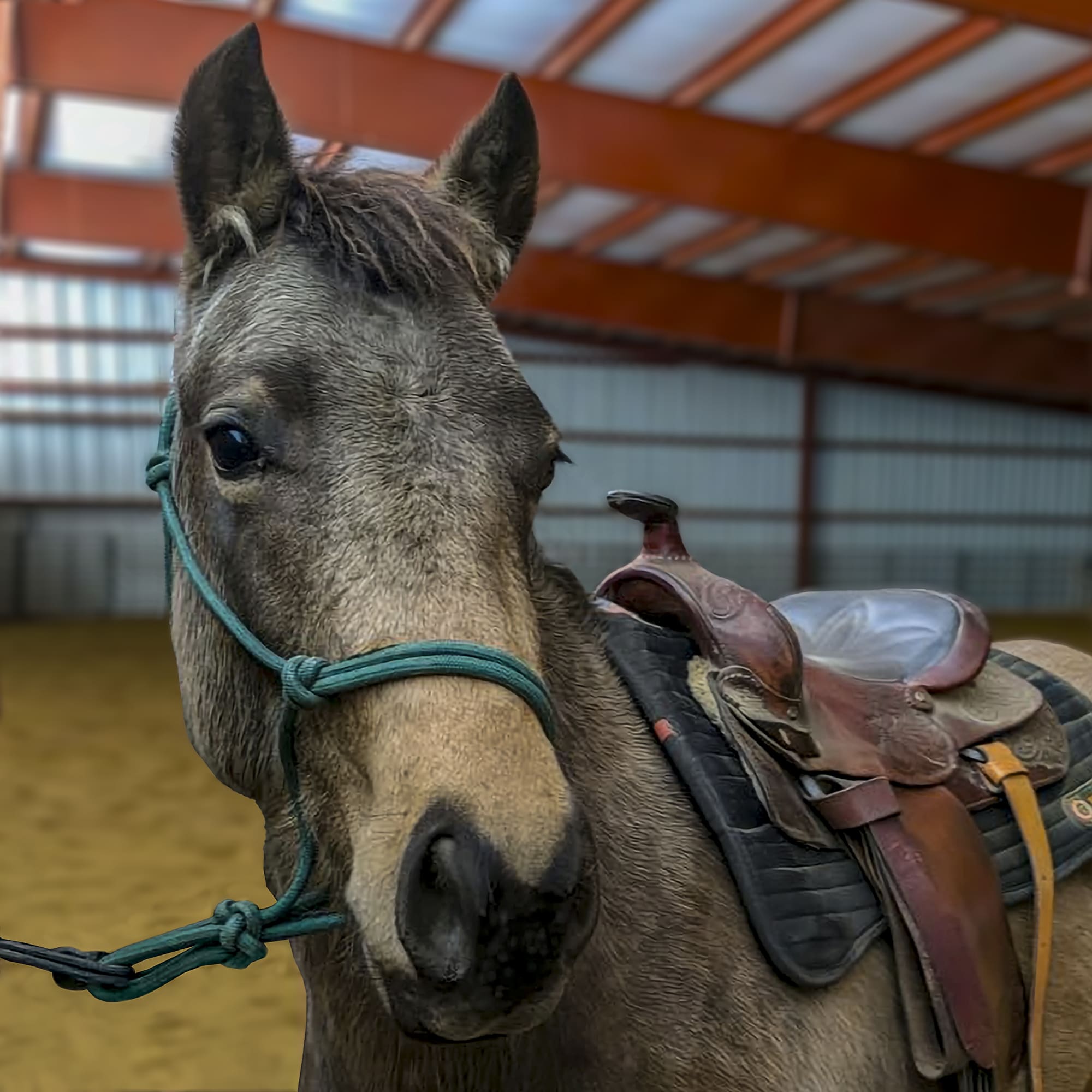
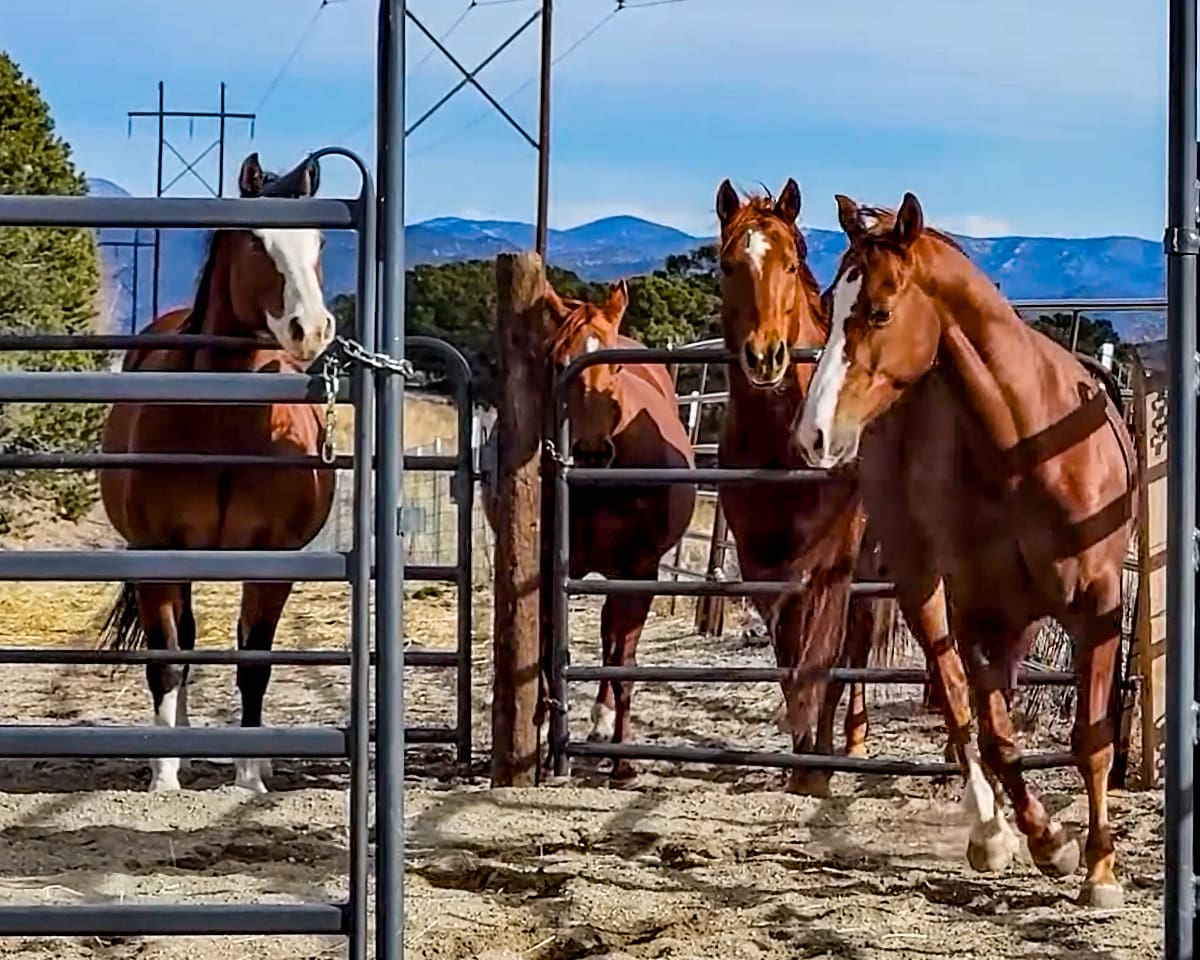
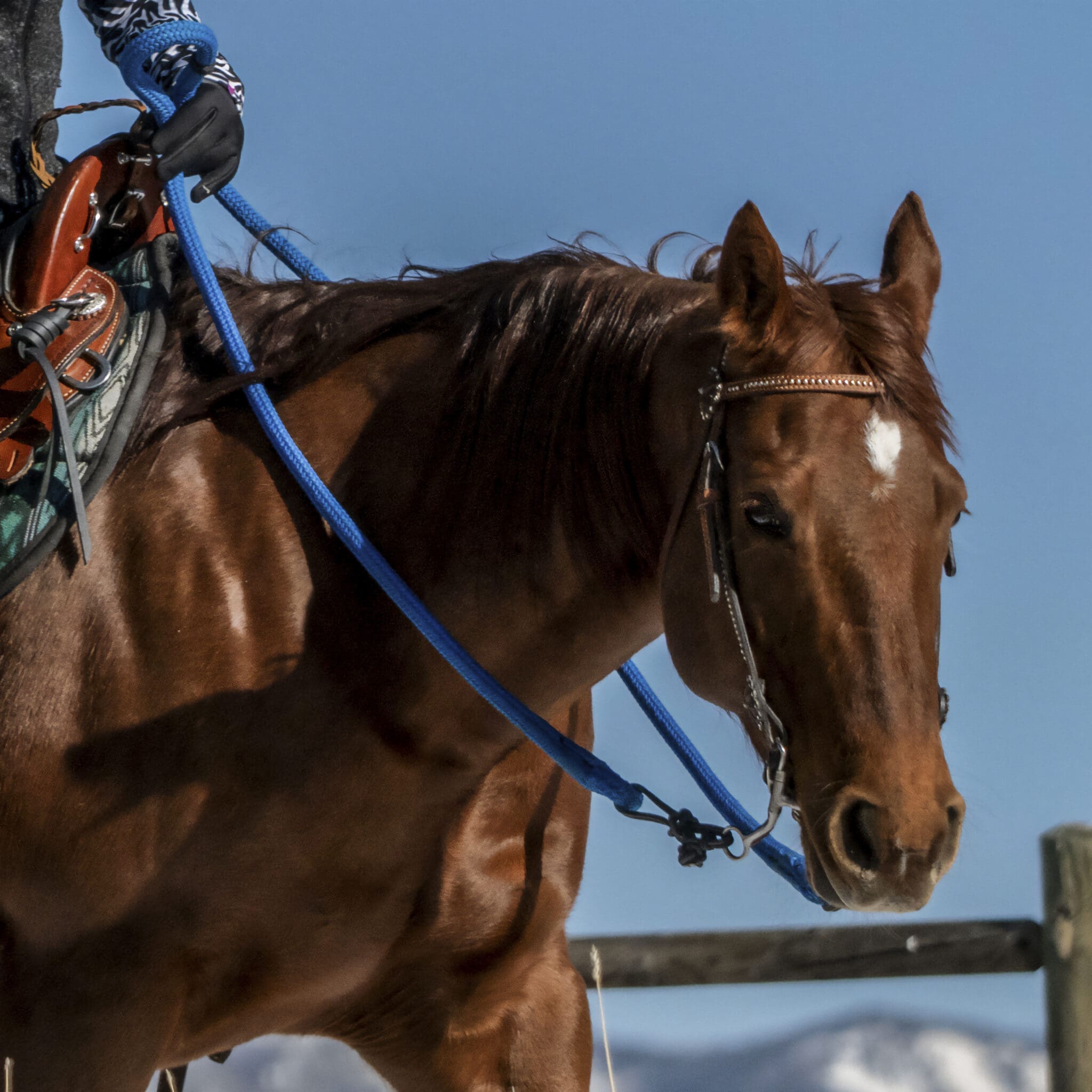
1 Comment
Your “Change of Plans” article hit the mark for me. This has been a year of transitions for both my horse and myself.
My long time back problems had put a stop to riding and many other normal activities.
The barn where we had boarded for seven years closed. My spouse has become less able and active. The list could go on.
Needless to say, I’ve not responded to all these transitions with a positive attitude.
Finally, I feel like things have started to turn around.
My back problems were correctly diagnosed and a treatment plan made. I’m able to ride about once a week. Moved to a new barn home.
As for my husband? Well, I can’t expect miracles, can I?
Thank you for sharing how transitions can be not only possible, but positive.